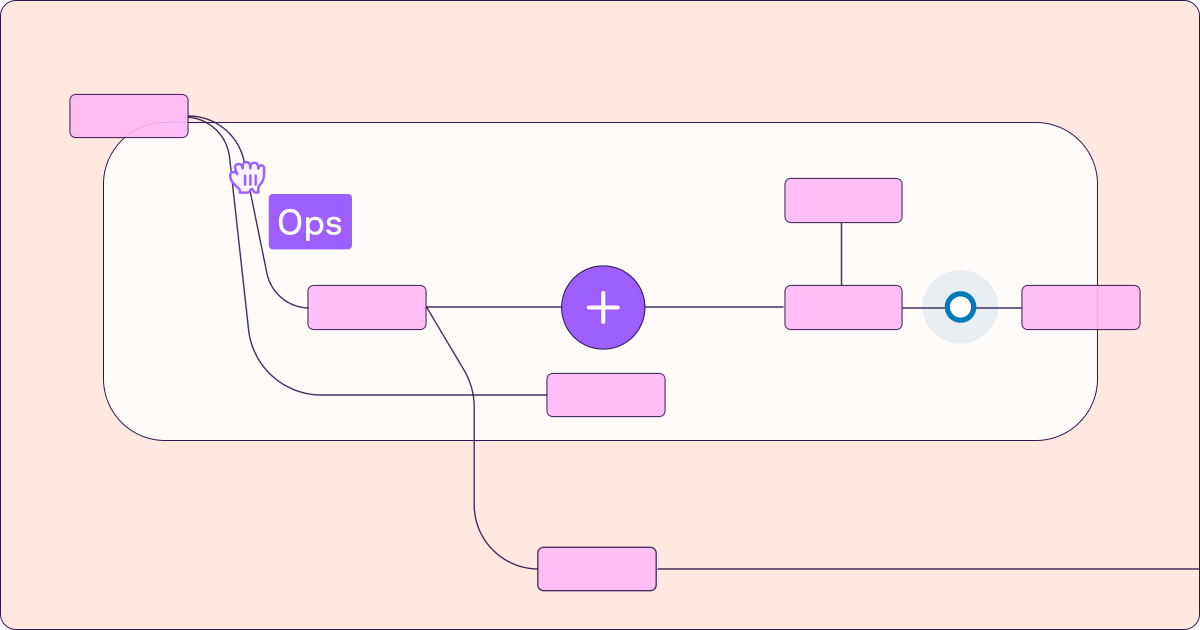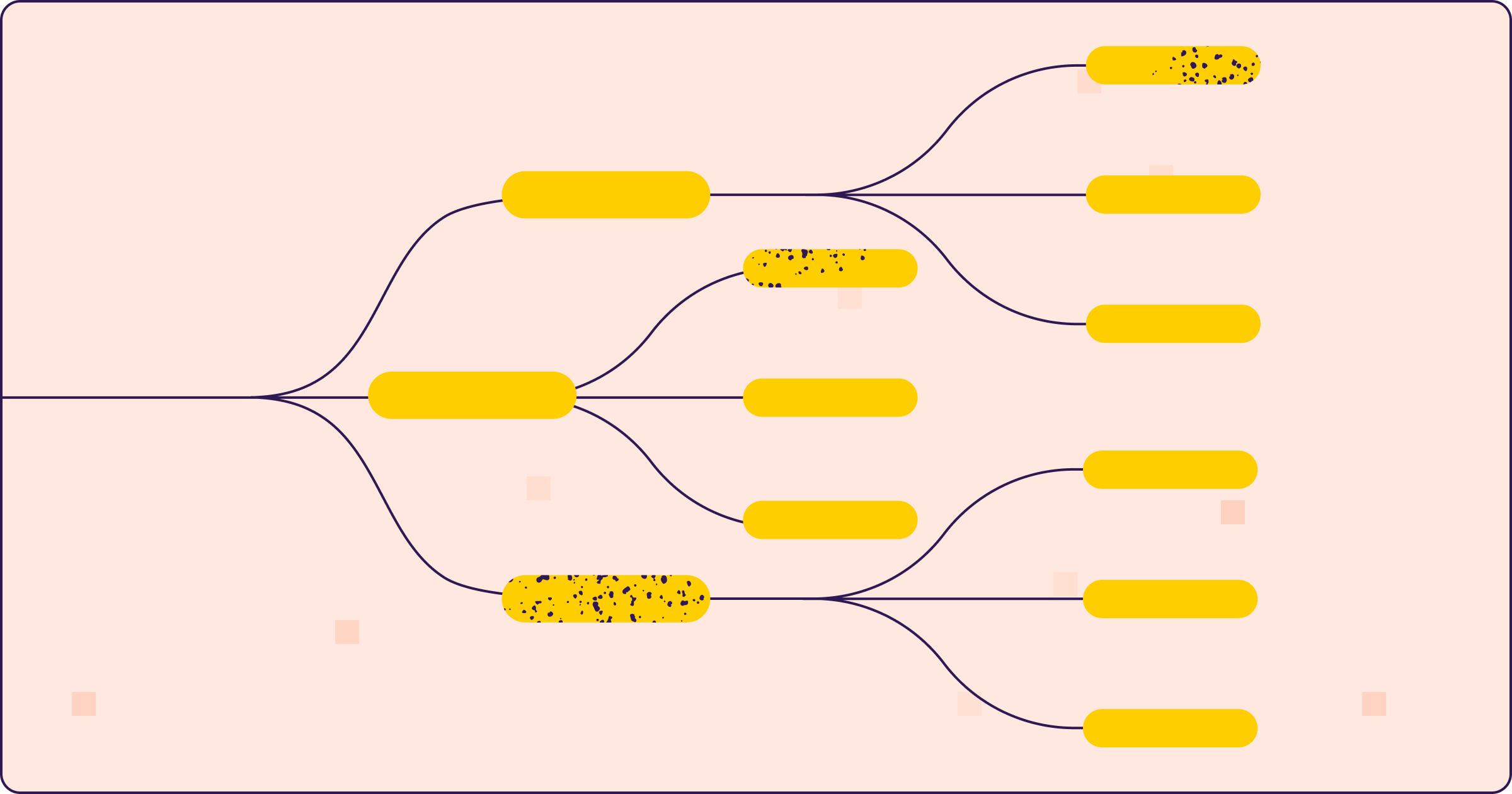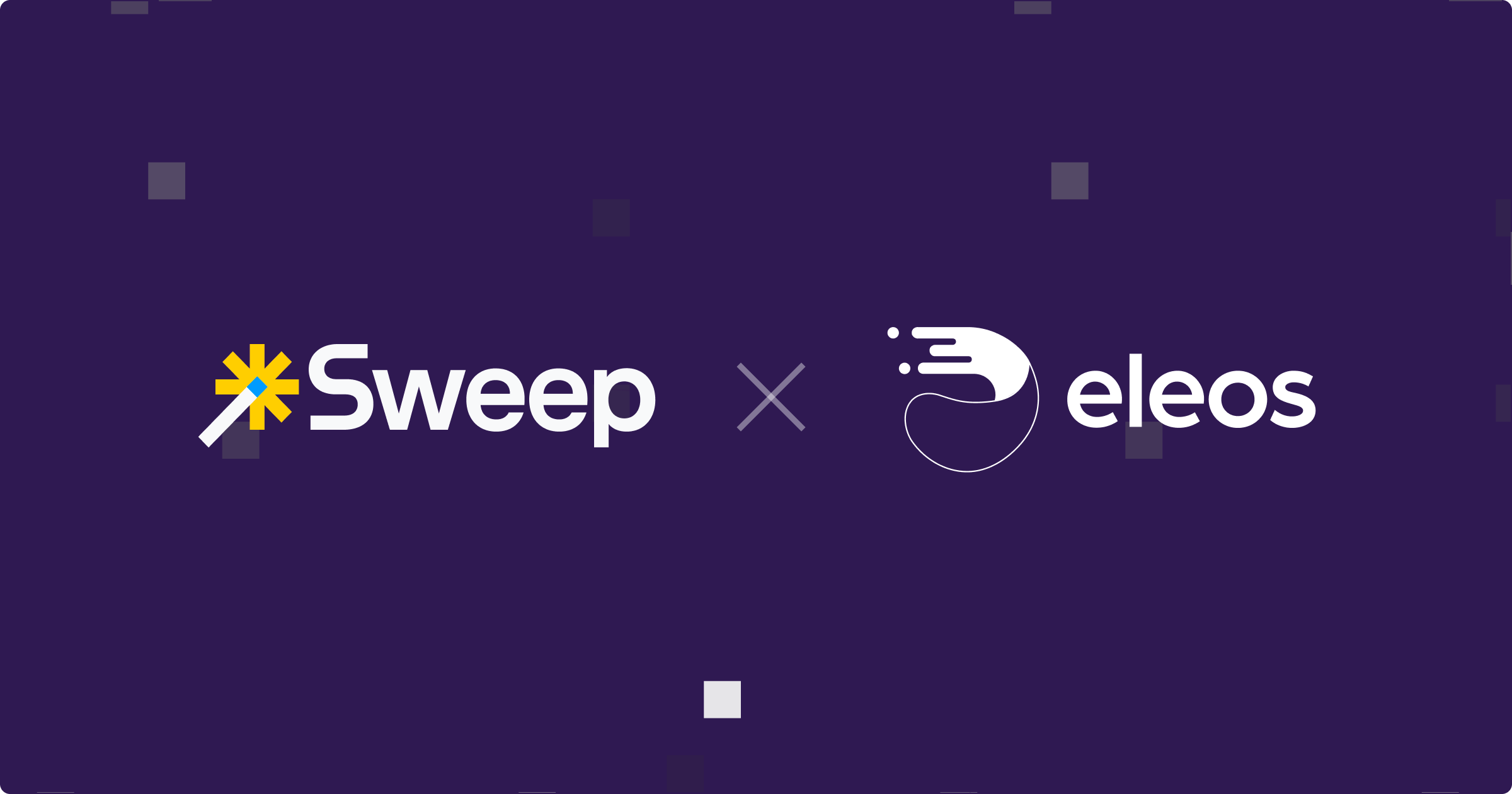
Some lessons in life are priceless. Others come with a six-figure consulting fee. Let’s avoid the latter.
When it comes to Salesforce, the right consultant can streamline your implementation, optimize your workflows, and help you maximize your investment. But with so many options available, choosing the right partner can feel overwhelming. How do you separate the experts from those who might leave you with more problems than solutions?
We’ll break down the key factors to consider when evaluating a Salesforce consultant to ensure they align with your business needs and set you up for long-term success.
Define your goals and needs
Before you start searching for a Salesforce consultant, it’s essential to have a clear understanding of what you need. Without a defined goal, even the best consultant won’t be able to deliver the right results. Ask yourself:
- Are you implementing Salesforce for the first time?
If so, you’ll need a consultant who can handle setup, data migration, and user training.
- Do you need optimization or a specific project completed?
If you require custom development, automation, advanced reporting, or third-party integrations, look for a consultant with strong technical expertise.
- Do you need cleanup and ongoing maintenance?
If your Salesforce instance has accumulated technical debt, duplicate data, or inefficient processes, a consultant focused on optimization and long-term system health can help.
- Who will own Salesforce after this project?
Defining ownership of front is critical. Will an internal team takeover, or will you rely on external support? If transitioning to an internal admin, ensure they have the necessary expertise and a clear understanding of system changes.
- How will you ensure a smooth transition post-project?
A well-documented Salesforce setup prevents knowledge gaps and keeps processes running smoothly. Sweep automatically tracks changes, so internal teams can confidently take over.
Before reaching out to consultants, create a clear scope of work (including timeline, budget, and project ownership). Define your objectives, key pain points, and desired outcomes. This will help you find a consultant with the right expertise and ensure they can deliver exactly what you need.
Look for relevant expertise
Look for consultants who act as strategic guides, not just order-takers. They should be able to recommend improvements and best practices, even if it means pushing back on your requests to ensure you get the most sustainable and efficient solution.
Don’t just take their website or sales pitch at face value—ask for recommendations from the Salesforce community, your Salesforce account manager, or peers who have worked with them. Verify that they have successfully completed projects similar to yours and can meet your specific requirements.
When evaluating potential consultants, focus on those with experience in your industry, the right technical skills, and a proven track record with the Salesforce products you use.
Industry expertise
Every industry has unique processes, compliance requirements, and best practices. A consultant with experience in your industry will already understand your business challenges and how to configure Salesforce to support your goals.
For example, a consultant who has worked with SaaS companies will be familiar with subscription-based revenue models, while one with experience in healthcare will understand HIPAA compliance and patient data management.
Certifications and technical knowledge
Salesforce offers a wide range of certifications that demonstrate a consultant’s expertise in different areas. While certifications alone don’t guarantee success, they indicate a level of technical proficiency and commitment to staying updated with Salesforce best practices.
Look for consultants with relevant certifications, such as:
- Salesforce Administrator – For general system management and configuration.
- Salesforce Developer – For custom coding, automation, and integrations.
- Salesforce Architect – For complex implementations and system design.
- Specialty Certifications – Such as Marketing Cloud, CPQ, or Pardot, depending on your needs.
Proven experience with your specific Salesforce products
Salesforce is a vast ecosystem, and not every consultant has experience with all of its products. Ensure the consultant has hands-on experience with the specific Salesforce clouds or tools your business relies on.
Ask for case studies or client references demonstrating their success with:
- Sales Cloud – For sales process automation, pipeline management, and forecasting.
- Service Cloud – For customer support, case management, and service automation.
- Marketing Cloud & Pardot – For marketing automation, lead nurturing, and campaign management.
- Revenue Cloud (CPQ & Billing) – For pricing, quoting, and revenue operations.
Evaluate communication and collaboration skills
A great Salesforce consultant should feel like an extension of your team, not just a service provider. Beyond technical expertise, their ability to communicate clearly, collaborate effectively, and stay engaged throughout the project is crucial to success.
Here’s what to look for:
Ability to explain technical concepts simply
Salesforce can get complex quickly, but a good consultant should be able to break down technical jargon into clear, actionable insights. Whether explaining automation logic, data models, or integration setups, they should make it easy for stakeholders across your organization to understand what’s happening and why it matters.
If a consultant can’t explain their recommendations in a way that makes sense to your team, they risk creating siloed knowledge—leaving you dependent on them to interpret the technical debt they built, rather than empowering your team to manage Salesforce effectively.
Hello, Apex trigger ‘DoNotDelete_v2_FINAL’—what do you even do?! If your consultant leaves you with cryptic code and no explanation, you’ll be stuck decoding their tech debt forever.
Project management skills and collaborative approaches
Salesforce projects often involve multiple stakeholders, from sales and marketing to customer support and IT. A consultant should have strong project management skills to keep tasks on track, manage timelines, and coordinate with various teams.
Look for consultants who maintain clear and up-to-date documentation to ensure knowledge transfer and prevent reliance on a single person, provide clear deliverables and milestones, and keep teams aligned through regular check-ins and status updates.
Transparency and knowledge sharing
A great consultant doesn’t just implement solutions—they ensure your team understands them. Before signing a contract, ask:
- How do they document their work so your team isn’t left in the dark?
- Do they provide knowledge transfer sessions or training?
- Will their solutions be maintainable by your internal team, or are they creating complexity only they can manage?
A good consultant should ensure all workflows, configurations, and processes are thoroughly documented, empowering your team to maintain and optimize the system moving forward.
Consider budget and ROI
Cost is always a factor when hiring a Salesforce consultant, but don’t just compare price tags—assess what you’re actually getting. Instead of focusing solely on cost, ask: What impact will this consultant have on my business? Look for clear deliverables, measurable ROI, and long-term value. A slightly higher investment upfront can save you time, rework, and hidden costs down the road.
Understand their pricing model
Consultants typically charge hourly, per project, or on a retainer basis. Ensure their pricing structure aligns with your needs and budget. Hourly rates can add up quickly, while project-based pricing offers more predictability. Retainers may be best for ongoing support.
Ask how they measure ROI
A good consultant should tie their work to business outcomes. Ask how they track success—whether it’s improving sales efficiency, increasing adoption, or reducing admin overhead. Clear KPIs ensure you get real value.
Be wary of bargain prices
If a consultant’s rates seem too good to be true, they probably are. Low-cost providers may cut corners, lack experience, or leave you with tech debt only they can fix. Make sure pricing includes clear deliverables and long-term sustainability.
Balancing cost with expertise ensures you get a consultant who drives real impact—not just a temporary fix. While cost is always a consideration, you need to weigh the long-term benefits and avoid the trap of sacrificing quality for a lower price. As the saying goes, ‘You get what you pay for.’
Many businesses are left with unfinished or broken Salesforce implementations, which result in unforeseen costs and inefficiencies. To avoid this, it’s crucial to select a consultant who is committed to thorough documentation, process alignment, and ensuring your implementation is well-architected.
However, even with the best consultant, communication gaps and inadequate documentation can still impede progress. By providing AI-powered documentation, process mapping, and dependency tracking, Sweep ensures that your Salesforce environment is thoroughly documented, enabling seamless collaboration between your internal team and external consultants.

Whether you’re in the midst of an implementation or need support after the fact, Sweep helps maintain transparency and clarity, making it easier for everyone involved to stay on the same page. If you're looking for a more hands-on approach, our professional services team is here to guide you through the entire process—ensuring your Salesforce solution is implemented efficiently and effectively from the start, and offering continued support as needed to drive ongoing success.
Want a partner that is committed to your long-term Salesforce success? Connect with us to learn more.











